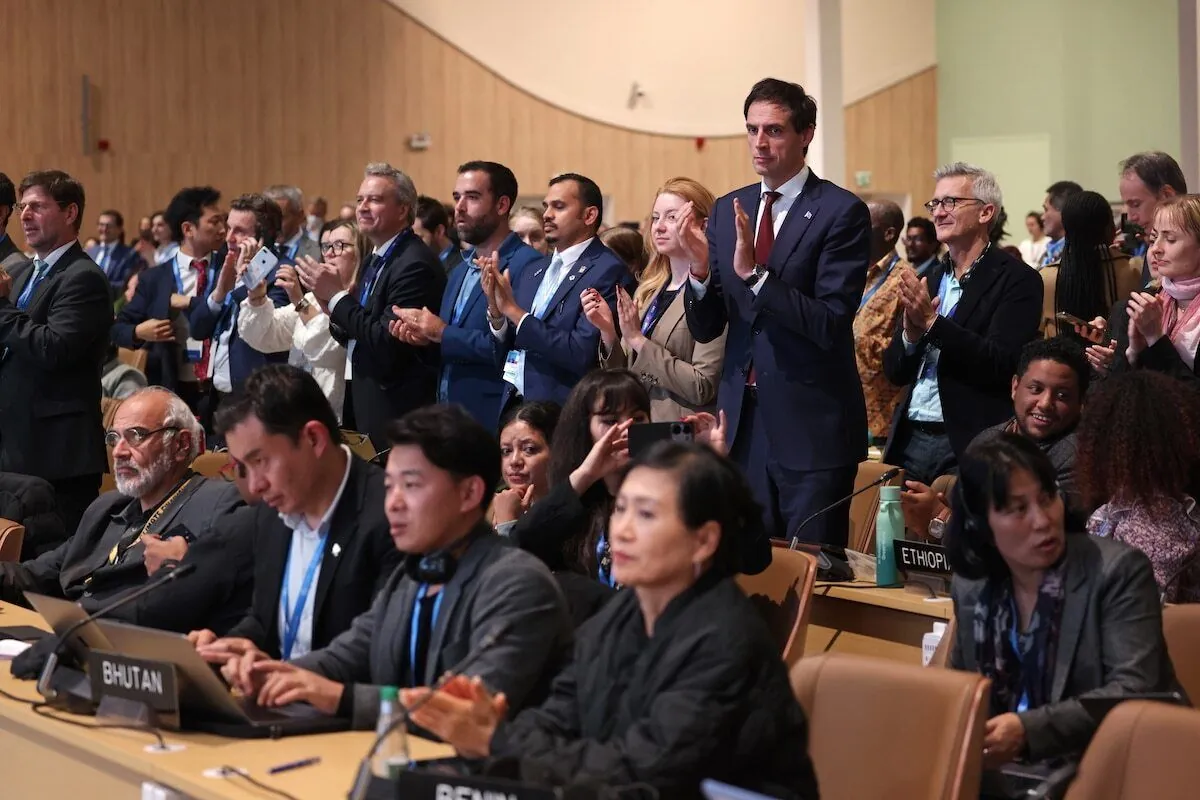Global climate deal: Why $300 billion target makes waves at UN conference
Latest UN climate meeting sets up new money-flow rules from rich to developing nations. Complex deal includes both $300 billion target and bigger $1.3 trillion investment goal that will reshape global climate action

At the just-ended COP29 meet‚ world leaders set-up a fresh money target: rich nations should give $300B yearly to less-rich countries by 2035. But theres more to this deal than just numbers
The plan works like this: wealthy states wont give cash straight to poor ones — instead money flows through big-name groups (the World Bank and others) Its part of a bigger $1.3T yearly investment aim that includes all money sources. While some say its not enough the deal puts real pressure on rich countries to step-up
The whole thing reminds us of an old promise from 15 years back in Copenhagen; when rich nations said theyd give $100B yearly. That old deal had lots of problems — nobody could agree on who should give what or how to count the money. Even now people dont agree if that promise was kept; some say yes others say no
The new cash will come from different places:
- Direct country-to-country help
- Big banks like World Bank
- Private companies money
- Climate funds
- Help from growing economies like China
Right now direct help between countries is about $41B — which shows how far we need to go. The World Bank seems like the best bet to make this work; they can turn small investments into bigger loans. But they need more support from member countries to do it right
The bigger $1.3T target needs lots of private money to work but that wont happen by itself. Countries need to fix their money problems first: some need help with old debts; others need better rules for investing. The IMF needs to change how it works too — making green projects more important
This whole deal costs about 1% of what the world makes each year (way less than what we spend on armies). Even if the United States doesnt help much it can still work. But rich countries need to see this as important not just another bill to pay
The real question isnt if we pay for climate change — its when and how we pay. We can work together now or pay more later when crops fail and floods come. Working together now just makes more sense





























